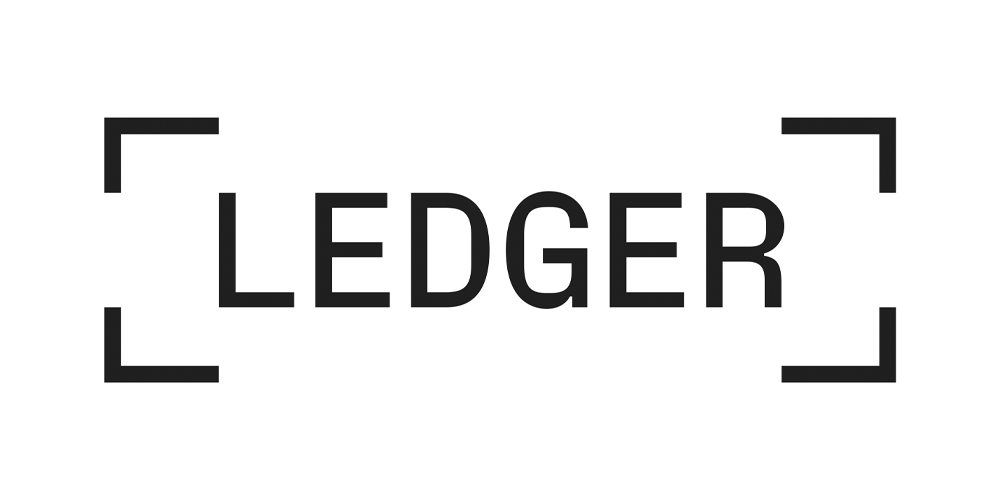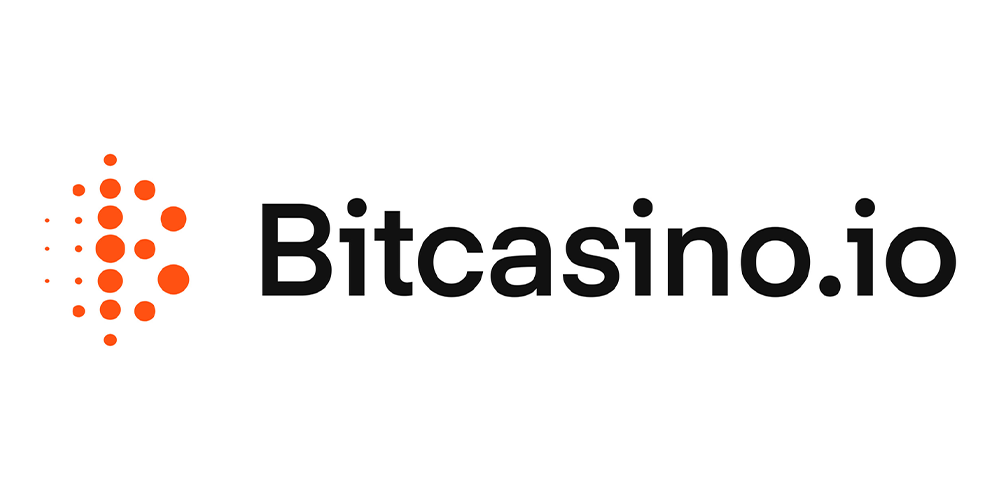The Breaking of the Global Economy with Nik Bhatia
Where to find the show
Download Episode MP3 File
The file will open in a new window. Click down arrow to download the file.
“You can imagine a world in which people actually have more power than institutions and governments...Bitcoin has the ultimate power in making the world a better place for people.”
SHOW DESCRIPTION
Nik Bhatia is the founder of ‘The Bitcoin Layer’ & author of ‘Layered Money’. This interview delves into Nik's work in the Bitcoin industry and his background in trading interest rates. We discuss the impact of low-interest rates on the economy, the relationship between inflation and interest rates, and the impact of central bank actions on markets. The conversation expands to include global recessions, the Chinese economy, and the future of Bitcoin.
- - - -
The unprecedented period of low-interest rates that followed the 2008-09 financial crisis was deemed a golden opportunity for those leveraging debt. However, this environment hid many significant dangers. Chief among them was the encouragement of irrational investments. The problem comes, as we have seen, when this period of low interest ends. A reasonable cost of capital provides a check on such behaviour.
Interest rates are influenced by both the market and central banks, with central banks often lagging behind market movements. When the central bank raises rates, they are adjusting the target rates for various lending markets. There is therefore an interplay between central bank actions and market forces in determining interest rates. In addition, there is feedback as investors anticipate interest rate hikes and adjust their investments accordingly.
As we have seen, central banks have used interest rates to temper inflation. This is a crude tool and can risk tipping economies into recession. Purchasing Managers' Indexes (PMIs) can be used to analyse economic activity at the nation-state level; the PMIs in Europe are all in contractionary territory, indicating a deteriorating economy. The issue is, that in our globalised economy, such problems leak into other economies, such as China.
The underlying issue in such a situation is the significant risks associated with the traditional financial instruments of the fiat economy. Financial institutions' liabilities are approaching concerning levels. The problem is that such liabilities are essentially infinite. This is why Bitcoin’s value tends to rise when central banks implement easing measures, as many can see the eventual unwinding of the fiat system. The question is how close are we to this unwinding?
TIMESTAMPS
00:02:37: Introductions
00:05:35: Interest rates
00:17:45: Central bank role in interest rates
00:25:15: The Fed vs the markets
00:34:01: Recessions, and the repo market
00:50:37: The Bitcoin Layer, and BRICS
00:57:51: China, and the global economy
01:10:00: Nik's second book, and why Bitcoin matters
01:14:58: Final comments
SUPPORT THE SHOW
If you enjoy The What Bitcoin Did Podcast you can help support the show by doing the following:
Become a Patron and join our Discord to get access to shows early or help contribute
Make a tip:
Subscribe on iTunes | Spotify | Stitcher | SoundCloud | YouTube | TuneIn | RSS Feed
Leave a review on iTunes
Share the show and episodes with your friends and family
Subscribe to the newsletter on my website
Follow me on Twitter Personal | Twitter Podcast | Instagram | Medium | YouTube
If you are interested in sponsoring the show, you can read more about that here or please feel free to drop me an email to discuss options.
SPONSORS
SHOW NOTES
Connect with Nik:
On Twitter
On The Bitcoin Layer Website
On The Bitcoin Layer Substack
His Book: Layered Money
Mentioned in the interview:
Other Relevant WBD Podcasts:
WBD711: Macroeconomics & On-Chain Data with Nik Bhatia & Willy Woo - WBD Live in Sydney
WBD710: WBD Live in Sydney Pt 1 with Checkmate, Daniel Roberts & Rusty Russell
WBD702: How Central Banks Broke Money with Matthew Mežinskis
WBD469: CBDCs: the Good, the Bad & the Totalitarian with Nik Bhatia
WBD161: Nik Bhatia on Bitcoin is a Response to Central Banks











